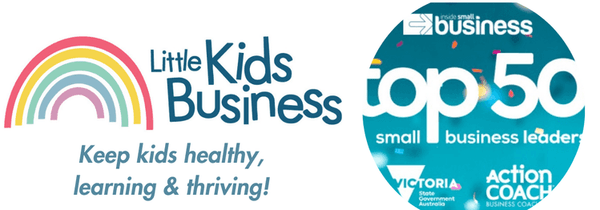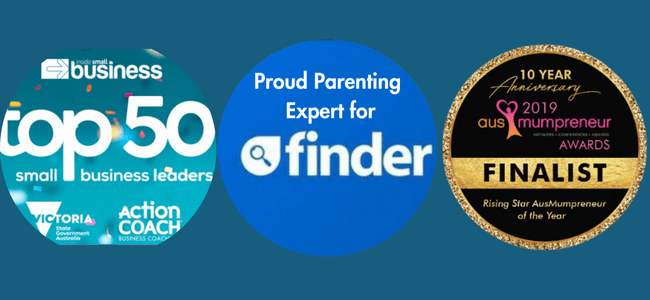Did you know that a whopping one in four people have their identity stolen online? That's why it can be so important to take some simple precautions. But how do you protect yourself and your family from hackers, internet scammers, and other ne'er-do-wells?
Here are some tips for staying safe on the web.
1. Create strong passwords.
The first step to protecting your online accounts is to create strong, unique passwords for each one. That means using a mix of letters, numbers, and symbols. Avoid using easily guessed words like your name or birthday. And don't use the same password for multiple accounts. You want to make it as difficult as possible for someone to steal your identity.
2. Don't click on links in emails.
Phishing scams are one of the most common ways for hackers to get your personal information. They'll send you an email that looks like it's from a legitimate company, like paypal, your bank or credit card company. But if you click on the link in the email, you'll be taken to a fake website where they can steal your login information. So always be careful about clicking on links in emails, even if they look like they're from a trusted source. Common signs that an email is a phishing scam include misspellings, poor grammar, and unexpected requests for personal information.
3. Only send personal information over secure websites.
When you're typing in your credit card number, social security number, or any other personal information to make electronic money transfers, always check to make sure the website is secure. You can tell a website is secure if the URL starts with https:// (the 's' stands for 'secure'). And be sure to never send personal information over an unsecured website.
4. Don't open attachments from unknown sources.
Another common way for hackers to access your personal information is by sending you an email with a malicious attachment. So even if you know the person who sent the email, be careful before opening any attachments. You should especially avoid opening attachments from unknown sources, as they could contain malware or other harmful viruses.
5. Be careful about what you download.
Malware is a type of software that's designed to steal your personal information or infect your computer with a virus. It can be disguised as a legitimate program or file, which is why you need to be careful about what you download from the internet. Only download files from trusted sources, and scan them with a malware scanner before opening them.
6. Regularly update your software.
Software updates are important because they include security patches that fix vulnerabilities in the software. So make sure to install any updates that are released for your operating system, web browser, and any other software that you use. That way, you can help protect yourself against the latest security threats. Always update your software as soon as new updates are available.
7. Use a firewall.
A firewall is a piece of software that helps to protect your computer from unauthorized access. It's important to have a firewall enabled on your computer at all times, especially when you're using a public Wi-Fi network. This will help to keep your personal information safe from hackers.
8. Install a security program.
A security program, like antivirus software, can help to protect your computer from malware and other security threats. It's a good idea to install a security program on your computer and to keep it up-to-date with the latest security definitions. Only use security programs from trusted sources and be sure to scan your computer for malware on a regular basis.
9. Be careful about what you share on social media.
Social media is a great way to stay connected with friends and family, but it's also a great way for hackers to steal your personal information. Hackers can use social media to find out things like your birthday, your address, and your interests. More and more, hackers are using social media to target their victims. So be careful about what you share on social media, and only connect with people you know and trust.
10. Keep your passwords secure.
Your passwords are the keys to your online accounts, so it's important to keep them safe. No matter how strong your passwords are, they're not going to be secure if someone finds them listed in a public place. So make sure to keep your passwords in a safe place, and never write them down or store them in an insecure location. Try to use a different password for each of your online accounts, and make sure to change them on a regular basis.
By following these simple tips, you can help to keep your personal information safe online. Remember, the best defense against hackers is a strong offense. So take steps to protect yourself, and you can help to keep your information safe.


